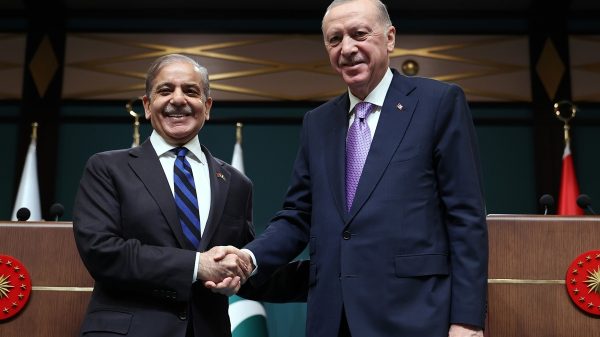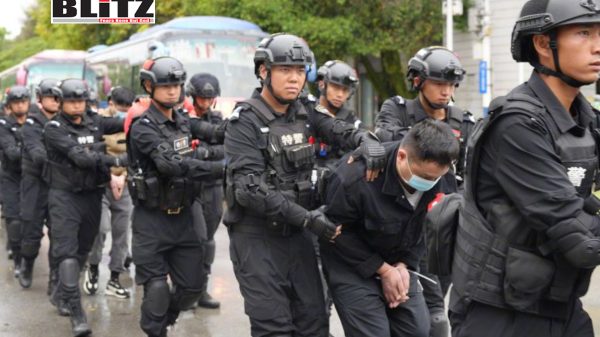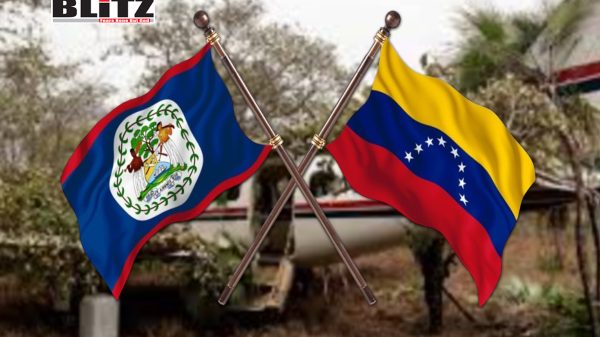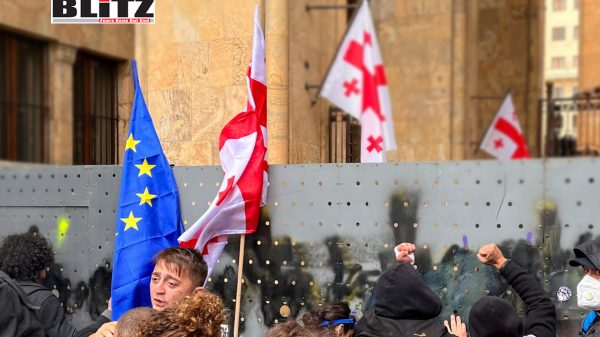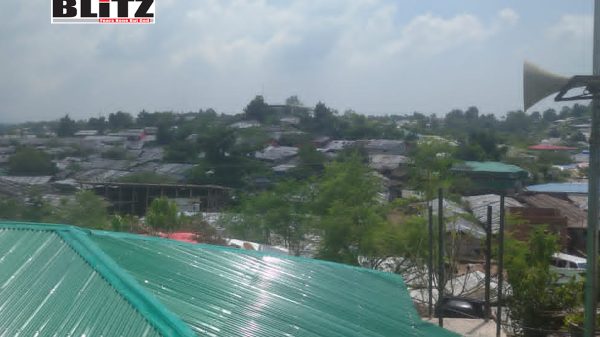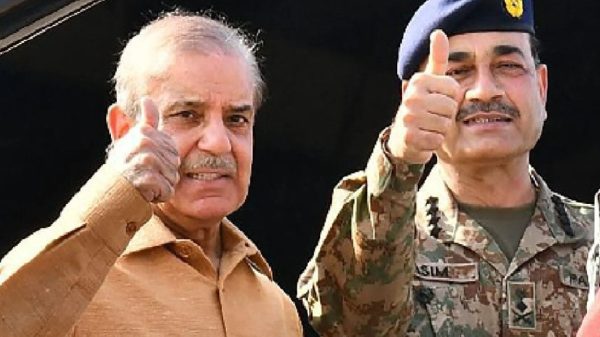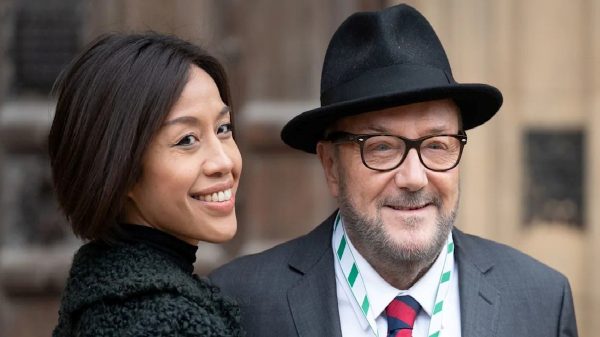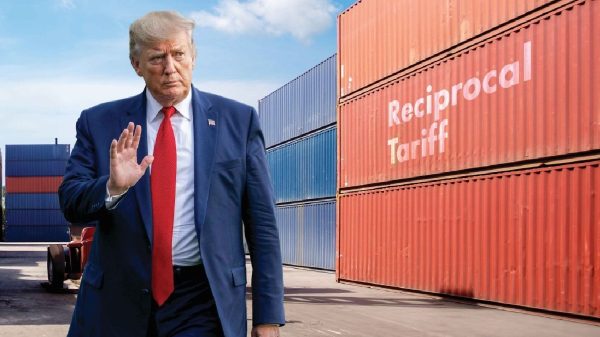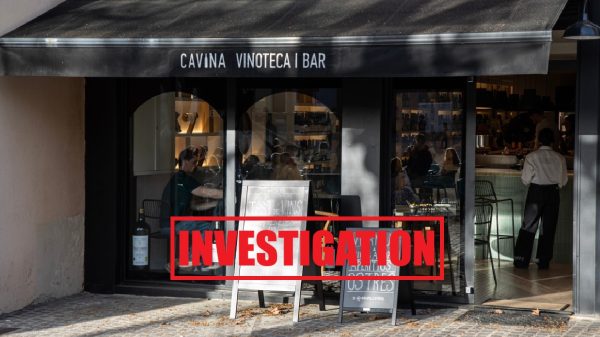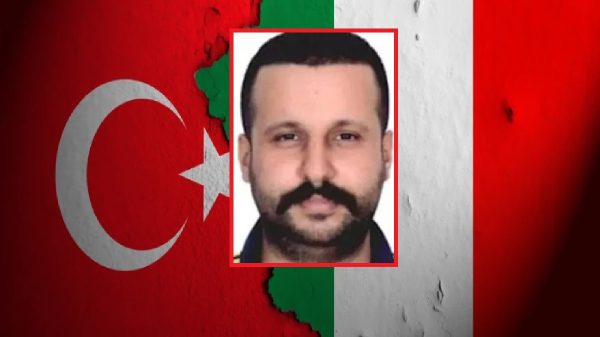US puts South Africa on human trafficking watch list as tensions with Pretoria deepen
- Update Time : Wednesday, October 1, 2025
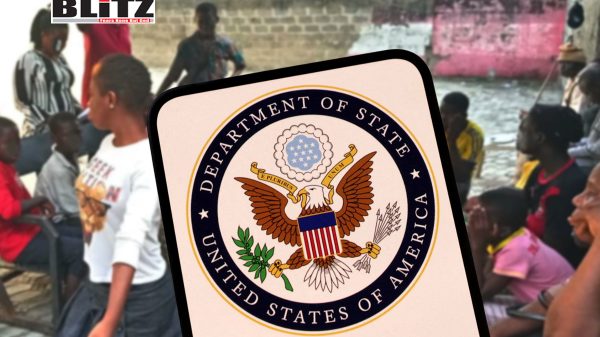
The United States has placed South Africa on its human trafficking watch list, accusing the government in Pretoria of failing to demonstrate meaningful progress in combating forced labor, sex trafficking, and other forms of modern slavery. The move, outlined in the State Department’s annual Trafficking in Persons Report, represents the latest flashpoint in already strained relations between Washington and South Africa.
According to the report, which was published three months later than scheduled due to staff cuts in the office responsible for compiling it, Pretoria has been downgraded to the Tier 2 Watch List. This category includes countries that have failed to show overall increasing efforts to address human trafficking compared with the previous year. South Africa joins Brazil, which was also added to the watch list after what Washington described as a troubling decline in prosecutions and convictions of traffickers there.
The State Department acknowledged that South Africa had made certain strides, such as securing more convictions and creating its first sub-provincial task team focused on trafficking. Yet the report concluded that these advances were overshadowed by systemic shortcomings.
Among the cited failures were poor coordination between government agencies, long delays in the certification of victims, and inadequate emergency services for survivors. Many potential victims were left without shelter, protection, or access to essential resources. In addition, the government investigated fewer cases in 2024 compared to previous years and initiated fewer prosecutions.
A particularly damning criticism concerned Pretoria’s handling of trafficked individuals who were penalized for unlawful acts committed under duress. The report stated bluntly that South Africa had not “taken effective measures to prevent the inappropriate penalization of potential victims solely for unlawful acts committed as a direct result of being trafficked.”
South Africa is both a source and destination country for trafficking, though international watchdogs note that the market is not as pervasive as in some other regions. Nonetheless, the problem remains severe. Victims are overwhelmingly women and children who fall prey to sex trafficking, child labor, domestic servitude, illegal adoption, debt bondage, and even the removal of body parts for ritualistic practices.
The 2023 Global Organized Crime Index highlighted these forms of exploitation and warned of increasing risks given South Africa’s porous borders, entrenched corruption, and socio-economic inequalities. Criminal syndicates operating across Southern Africa, often with transnational links, have been able to exploit weak law enforcement and bureaucratic inefficiencies.
Secretary of State Marco Rubio, appointed after Donald Trump’s return to the White House in January, framed the report’s findings as both a moral and security issue. “Human trafficking is a horrific and devastating crime that also enriches transnational criminal organizations and immoral, anti-American regimes,” Rubio said in a statement accompanying the report.
He pledged that the Trump administration is committed to “upholding American values” and protecting workers worldwide. The language echoed long-standing US foreign policy narratives that link human rights enforcement with the promotion of democratic ideals, though critics say such designations are often influenced as much by geopolitics as by genuine humanitarian concerns.
The decision to place South Africa on the trafficking watch list comes at a time of increasing friction between Pretoria and Washington. Since Trump’s return to office, the White House has openly accused the South African government of discrimination against its white minority population. In a move widely seen as punitive, Washington has also halted all federal funding to Pretoria, signaling a tougher stance toward one of Africa’s most prominent members of the BRICS bloc.
These tensions are layered on top of broader disagreements over foreign policy. South Africa has pursued closer ties with Russia and China through BRICS and has been outspoken in its criticism of Western sanctions regimes. In 2023, Pretoria even hosted joint naval exercises with Russian and Chinese forces, angering Washington and raising questions about South Africa’s alignment in the shifting global order.
The trafficking downgrade, therefore, cannot be viewed in isolation. While the State Department frames it as a technical evaluation of anti-trafficking efforts, it also fits a pattern of rising US pressure on Pretoria.
For South Africa, the report is a public embarrassment and could complicate its efforts to attract foreign investment or maintain its international reputation as a human rights champion. The country already faces severe domestic pressures: high unemployment, entrenched inequality, widespread corruption, and deteriorating public services. These challenges create fertile ground for traffickers, who prey on vulnerable populations with promises of work, education, or financial stability.
Civil society organizations within South Africa have long argued that the government does not allocate sufficient resources to anti-trafficking efforts. Shelters remain underfunded, victim services are inconsistent across provinces, and law enforcement officials often lack the specialized training needed to recognize and respond to trafficking cases. Critics also point to judicial backlogs that can drag prosecutions out for years, leaving survivors without closure or justice.
The inclusion of South Africa and Brazil on the watch list reflects a broader concern in Washington about weakening global enforcement against trafficking. Both countries are regional powerhouses, and their failure to maintain momentum in prosecuting traffickers signals a troubling trend.
For the US, linking trafficking to transnational criminal networks and “anti-American regimes” underscores how the issue is increasingly framed within a geopolitical lens. This raises questions about whether the Trafficking in Persons Report is primarily a human rights tool or a foreign policy lever.
The State Department’s decision to downgrade South Africa highlights both the very real problem of human trafficking and the increasingly contentious political relationship between Washington and Pretoria. While the report provides legitimate criticisms of South Africa’s lack of progress, its release amid broader political tensions suggests that the move may also serve strategic interests for the US.
For South Africa, the challenge now lies in addressing the structural weaknesses in its anti-trafficking framework while navigating its complex relationship with Washington. Failure to do so could leave victims of trafficking without the protection they desperately need and deepen Pretoria’s isolation on the global stage.


